Self-victimization, from my PoV, stands out as one of the most potent obstacles to both personal and societal development.
In this blog post I share my personal journey with having seen myself as disadvantaged constantly and the broader implications this mindset has on the development efforts of entire societies.
First a definition from chatGPT if you don’t mind
Self-victimization, often referred to as a victim mentality or self-pity, is a psychological state in which an individual perceives themselves as a perpetual victim of external circumstances, other people’s actions, or the world around them. People who engage in self-victimization tend to view themselves as helpless, oppressed, or disadvantaged, even when there may be opportunities for improvement or change.
Individuals with a self-victimization mindset often:
- Blame Others: They attribute their problems and challenges to external factors or other people, avoiding personal responsibility.
- Exaggerate Problems: They magnify the difficulties they face, making them seem insurmountable.
- Seek Sympathy: They may seek sympathy or validation from others, often playing the role of the victim to gain attention and support.
- Avoid Accountability: They avoid taking proactive steps to improve their situation because they believe they are powerless to do so.
- Resist Positive Change: They may resist opportunities for personal growth or improvement because they are comfortable in their victim role.
Overcoming self-victimization typically involves recognizing this mindset, taking ownership of one’s actions and circumstances, and seeking ways to become more proactive and resilient in the face of challenges. It often requires a shift in perspective and a willingness to change one’s thought patterns and behaviors.
Examples: People talking about self-victimization
From Britain: Candace Owens, interviewed by Russel Brand, talks about how the victim mentality holds people back, the “Oppression Olympics” she calls it.
From the US: The Handsome Liberal makes a point that people of today are not those of the past.
From Akon who was born in the US to Senegalese parents. He believes that Africans no longer think about slavery whereas black Americans still blamed the past
Starting at a personal level
I’ve myself experienced the impact of self-victimization, so I’ll commence by sharing my own journey
During my upbringing, I was immersed in an environment heavily influenced by my parents and my choice of friends. This environment was marked by a pervasive sense of being underprivileged for me. While my well-intentioned parents had faced hardship growing up after World War II, the crux of the issue actually lay in their constant going on about how others seemingly had it easier or better.
My father, despite achieving success in his computer hardware job, had never completed his law studies. He carried an enduring sense of unfulfillment, often dwelling on what he hadn’t achieved, particularly after his divorce from my mother. My mother, who ran a prosperous shop, frequently compared herself to affluent customers who could easily indulge in luxuries like extravagant flower bouquets.
This upbringing left an enduring mark on me, shaping how I perceived my place in society for quite some time, way into my thirties actually. It nurtured a hindered growth mindset that I still grapple with to some extent at times today I guess. What makes overcoming it especially challenging is the nagging belief that it might indeed hold some truth.
Even when I assess my circumstances without the influence of comparisons to those seemingly more fortunate – those driving Mercedes-Benzes and flaunting fancy whatever – I cannot deny that my upbringing was not characterized by immense privilege. I felt I was at the lower end of society. This undeniable fact complicates matters further.
To break free from the clutches of self-victimization, I firmly believe one must relinquish this persistent habit of comparison, irrespective of the factual accuracy of its outcome. In other words, you might actually be underprivileged in some ways. Staying ensnared in this mindset you only gather more evidence to bolster the belief that you are less privileged than others. No external arbiter exists to definitively rule on its accuracy. Even if there’s a lot of truth to it, clinging to this perception obstructs the adoption of a growth mindset and the ability to see oneself as someone with opportunities.
Personally, liberating myself from this mindset has proven to be an arduous journey. I hope that I haven’t inadvertently projected this perspective onto my own children, as shedding this outlook is challenging. Even my ten years in Africa, where I initially arrived as a relatively privileged individual from Germany, failed to really alter this deeply ingrained sense of underprivileg in me. Objectivity alone often proves insufficient in combatting self-victimization.
Switching gears
The issue of self-victimization extends beyond the personal realm. In my involvement with development cooperation, I’ve noticed a similar mindset prevalent in many developing countries on the political level. These people often perceive themselves as victims of their circumstances, and while this perception may be grounded in the post-colonial reality, it can evolve into a self-perpetuating problem — especially when receiving international aid.
Those who cling to this victim narrative may succeed in securing funding for development projects, but this can inadvertently reinforce a belief that they are somehow helpless victims. To truly advance in development efforts, whether on an individual or national level, I believe it is essential to release this self-victimization. We must define ourselves based on our own goals and purposes, rather than in comparison to others.
In the realm of international development cooperation, much of the discourse revolves around this victim mentality that often keeps nations locked into a mindset of victimization. Some groups therefore adamantly declare, “We don’t need your aid.” While valid reasons may underlie such sentiments, I think what they actually don’t need is to feel this way. The one who gives shouldn’t make the other one feel that they need the help and the one who receives it shouldn’t not deliberately feel bad about receiving it or about the one who gives it to them.
While it may be entirely justified to perceive oneself or one’s society as victims, relinquishing this mindset is pivotal for growth. It’s worth contemplating the idea of advocating not only for one’s own rights but also for the rights of groups to which we do not belong personally. This can prevent falling into the trap of self-victimization that often accompanies fighting solely for one’s interests. By striving to address the injustices suffered by other groups, we contribute to a more equitable world.
To sum it up
Overcoming self-victimization, whether at an individual or societal level, is indispensable for personal and societal development. It necessitates a shift in perspective, a focus on self-defined goals, and advocacy for the rights of others. The path to development, both personal and societal, lies in redefining our identities and relinquishing self-victimization in favor of positive change.
Ultimately, self-victimization has a lot to do with opting not to acknowledge the obvious, with “seeing patterns where none exist” as Dan Ariely puts in his introduction of his new book Misbelief. I could add, or where they don’t exist anymore, or not to the degree one imagines them to be, or with much less impact than one insinuates — for whatever reason.
Ariely asks “What Makes Rational People Believe Irrational Things?” His book is about how we develop beliefs. Here is the video teaser he posted on Linkedin:

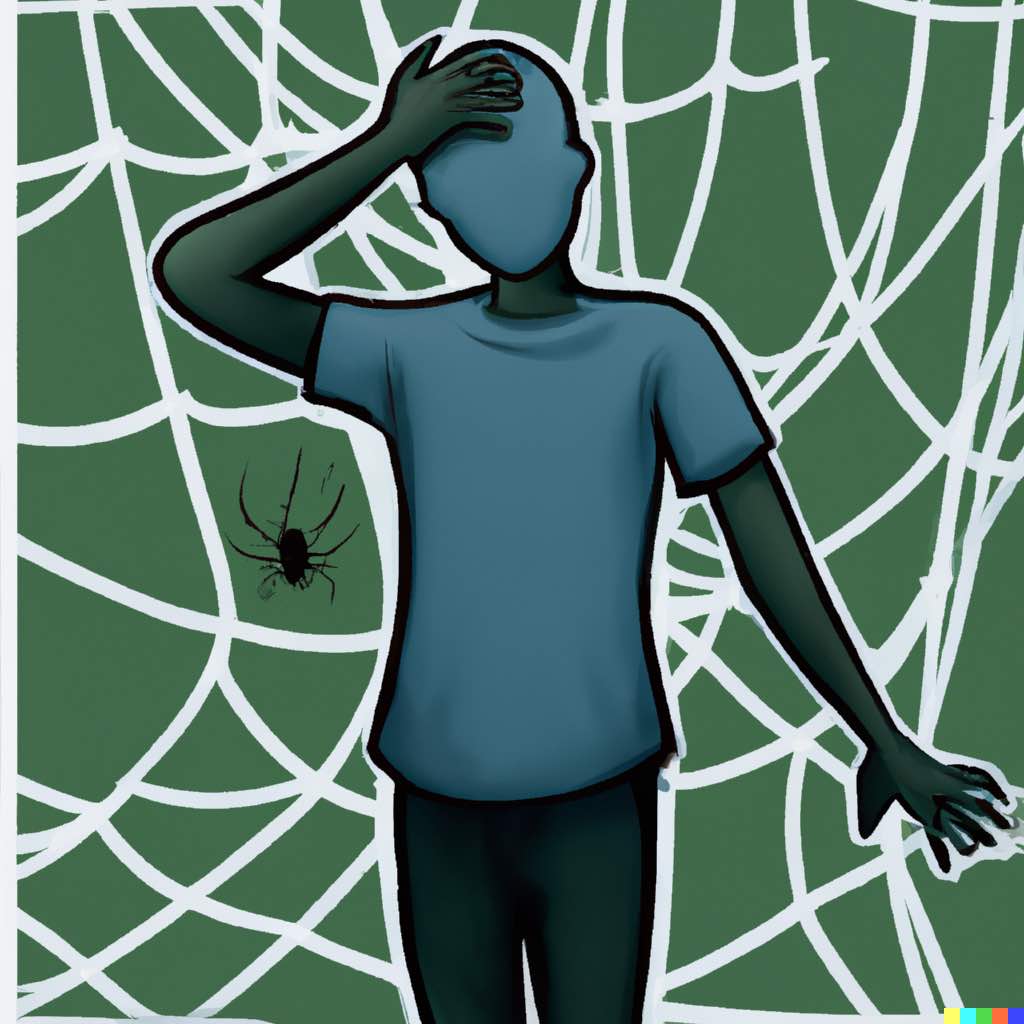
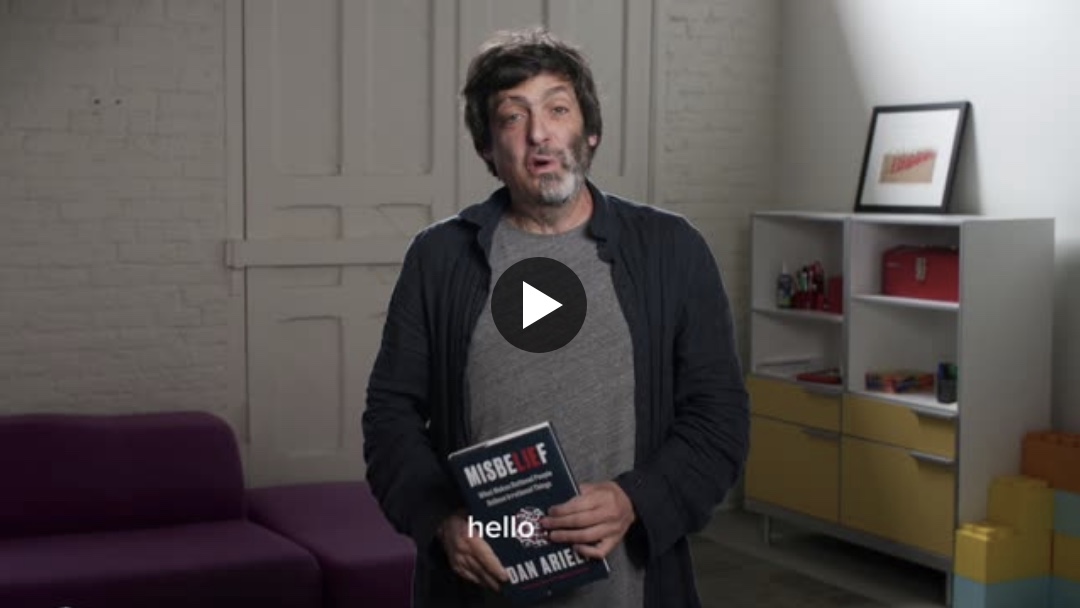
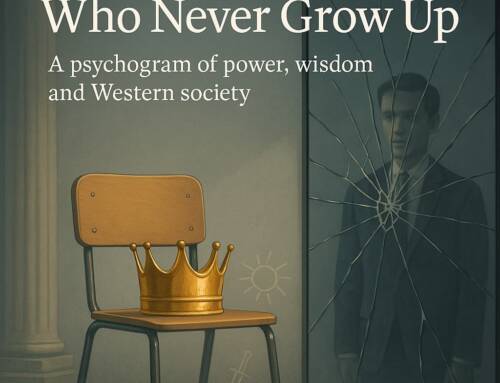
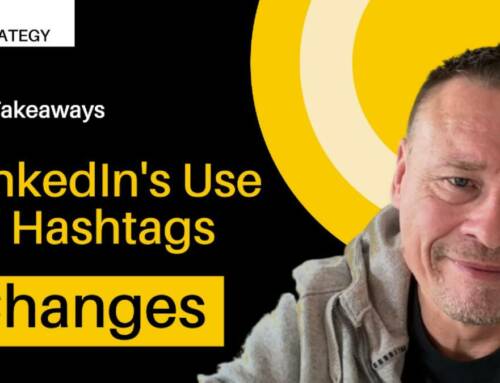

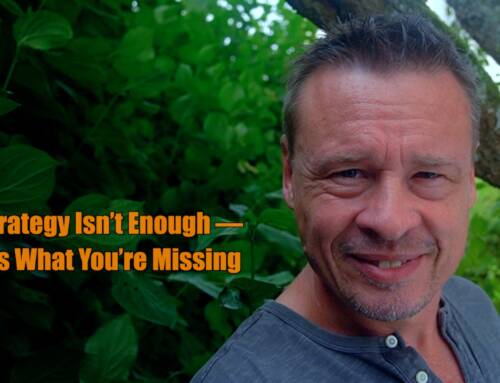
Leave A Comment